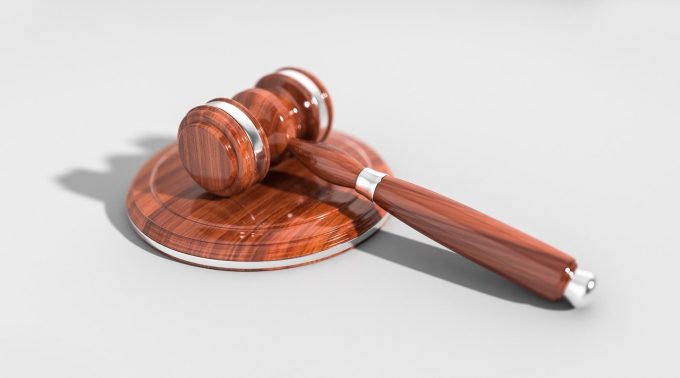
Defences are conditions that tend to negate elements of a crime, particularly the ‘intent’. In many jurisdictions, when proving a crime during prosecution, the lawyers must also prove that none of these defences were present when the crime was committed. If present, these criminal defences could provide partial or total refuge from punishment.
What are the different types of criminal defences?
- Mental disorder (insanity)
- Automatism
- Intoxication
- Mistake of fact
- Necessity/ lesser harm
- Lawful capacity of office
- Self-defence
- Duress
- Impossibility defence
- Consent
Mental disorder (insanity)
This only pertains to crimes having an ‘intent’ element. Most commonly, insanity or mental disorder is defined by a lack of understanding of the wrongfulness in the offence committed. Or, an inability to conform within the conducts of the law. If one is declared not guilty by reason of insanity, then treatment typically includes admittance to a psychiatric or mental health hospital.
Automatism
This is a state in which one’s muscles act without any control by the mind or lack of consciousness. To be classed as an automaton there must be a complete lack of voluntary control from the individual; it does not include partial loss of consciousness.
Intoxication
This is only applicable to some crimes, and under some jurisdiction, intoxication may negate specific intent or a particular kind of mens rea. Mens rea is defined as the knowledge that one’s actions, or lack of action, would cause a crime to be committed. The Latin phrase for testing criminal liability states: “the act is not culpable unless the mind is guilty”. A lack of specific intent may reduce crimes, for example from murder to manslaughter.
With intoxication, there is no acceptance of the mens rea of the offence. Often, the intent is all that is needed to do an act, and when intoxicated one is not automated, there is still some control of one’s actions. It is difficult to prove beyond a reasonable doubt that an intoxicated person may exercise control over their actions but lacks an understanding of what is being done. Understanding is necessary for intent to be proven, therefore, when intoxication is used as a defence it is seen as a denial of the mens rea of the offence.
Mistake of fact
This defence is most commonly used in conjunction with another defence. For example, when the mistake leads a defendant to believe their actions were justifiable under the second defence.
Necessity/ lesser harm
Another criminal defence is whether the criminal act can be seen as justifiable if it is necessary to prevent greater or foreseeable harm compared to the harm created by the act. For example, trespassing is justifiable if the defendant only trespassed to rescue someone from a drowning pool, as death would have been far greater than the harm caused by trespassing.
Lawful capacity of office
This defence is generally available to first responders and public servants to protect them for criminal actions that they must perform when carrying out their duties, such as a paramedic forcibly gaining entry to a house in response to an emergency call.
Self-defence
In general, this is a reasonable act that is taken in the protection of the self. These decisions are often dependent on the situation and the applicable law.
Duress
This defence is when one is under duress and is forced into an unlawful act. The duress must involve the threat of serious injury or death that consumes the defendant’s mind and thus influences their will.
Impossibility defence
This defence is used when a defendant is accused of a criminal attempt, but it is factually, or legally impossible to commit.
Consent
This defence can be used in full or partial and is only applicable to certain crimes. Typically, this is used if no permanent harm was caused.
Contact Broadbents Solicitors
If you require a solicitor to provide you with comprehensive advice regarding criminal defence, please call our team or visit our dedicated page. We have four branches across Alfreton, Derby, Heanor and Sutton in Ashfield. Alfreton 01773 832 511, Derby 01332 369 090, Heanor 01773 769 891, Sutton-in-Ashfield 01623 441 123. Alternatively, you can send us an enquiry on our online contact form.




